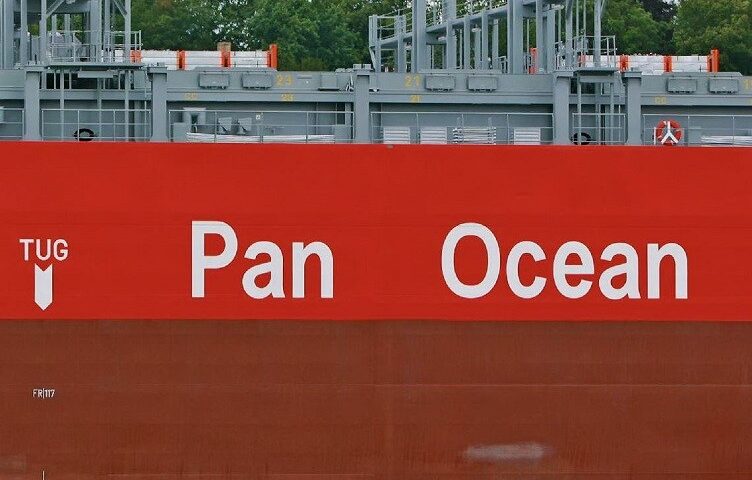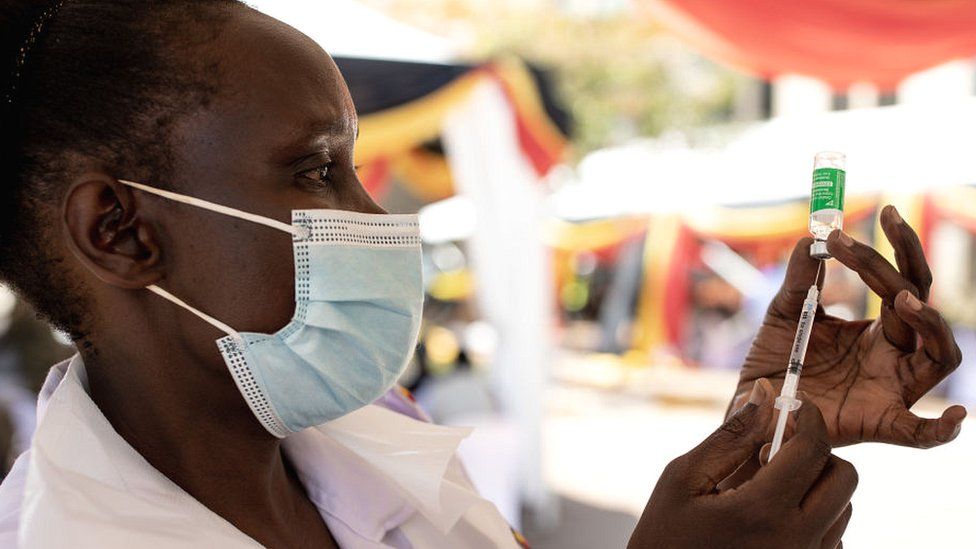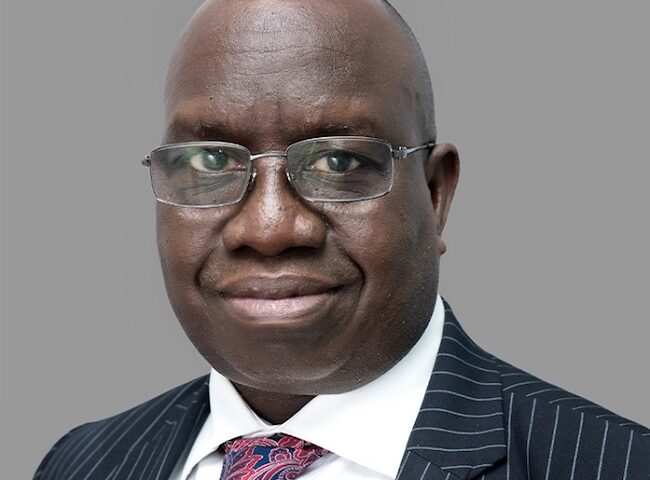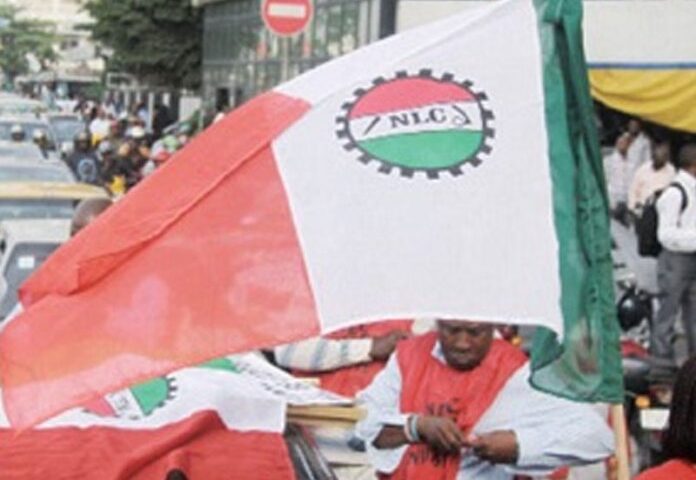Governors Consider Review Of Privatization Of 10 Generating Plants
The 36 Nigerian governors are to review the proposed privatisation of the 10 generating plants across the country under the National Integrated Power Projects (NIPPs), by the Federal Government.
The governors under the aegis of Nigeria Governors Forum (NGF) disclosed this in a communique issued in Abuja and signed by its Chairman and Gov. Kayode Fayemi of Ekiti at the end of a teleconference.
They made the resolution after receiving a detailed presentation by the Director-General of the Bureau of Public Enterprises, Mr Alex Okoh.
“The governors resolved to review and communicate through their board representatives, their assessment and position on the privatisation of what they consider critical national assets.
“States currently own a total of 53 per cent equity in NIPPs while the Federal Government owns a 47 per cent stake,” the forum stated.
The governors also resolved to set up a committee to examine the Electric Power Sector Reform (EPSRA) Bill 2021, which has passed its second reading at the Senate.
The development followed a presentation by the Chief Executive of New Hampshire Capital Limited, Mr Odion Omonfoman, on the implications the new bill has for state governments.
“The Forum thereafter set up a Committee comprising the Governors of Edo and Lagos State to scrutinize the new Bill.
“The committee is to advice the Forum on a position that will ensure that the Bill, when signed, will be a tool to strengthen the course of policy direction, design and implementation of the Nigerian Electricity Supply Industry (NESI), and address critical issues in the country’s power sector.”
The forum also disclosed that the governors at the meeting resolved to set up state polio transition committees to be chaired by each State Commissioner of Health, “to adapt and facilitate the implementation of the transition plan for their respective states.”
They said that priority would be given for the control of Cholera, “through water and sanitation interventions; as well as the intensification of the vaccination exercise (including the administration of boosters).
This is in addition to existing nonpharmaceutical measures to manage the spread of COVID during the festive season”
The governors also pledged to settle all outstanding pension obligations, through Contributory Pension Scheme (CPS), which would be included as part of the social compact with citizens for the removal of fuel subsidies.
“With respect to the required legal and institutional changes required to facilitate a successful CPS transition in all States, State Commissioners of Finance will be mandated to ensure that States meet the guidelines for the implementation of CPS by state governments.
“This include the enactment of a pension law, the establishment of a pension board and the adoption of a transition framework for each state.”
The communique added that members received a presentation on the National Social Register and the Rapid Response Register as critical tools for Rolling out cash transfer programme.
It stated that the presentation was from the National Coordinator of the National Social Safety Nets Coordinating Office, Federal Ministry of Humanitarian Affairs, Disaster Management and Social Development, Mr Iorwa Apera.
“Forum members also listened to the World Bank Country Director, Shubham Chaudhuri
“On the rollout of a World Bank financed 800 million dollars facility designed to fund a large-Scale conditional cash transfer (CCT) program in the country, the forum resolved that each State Governor will establish and Chair a Steering Committee to oversee the Conditional Cash Transfer (CCT) initiative to ensure that the program aligns with the vision of the state government.















